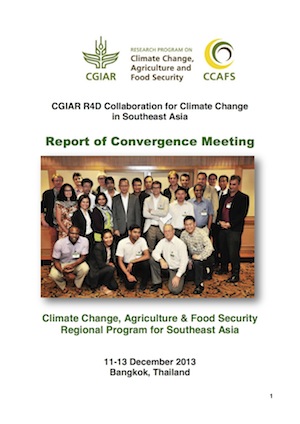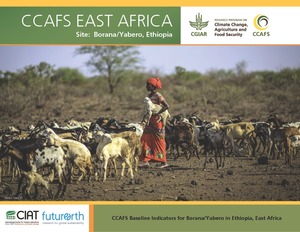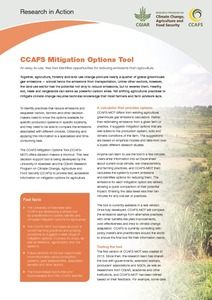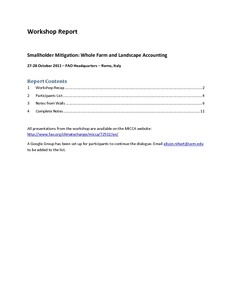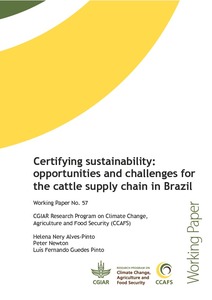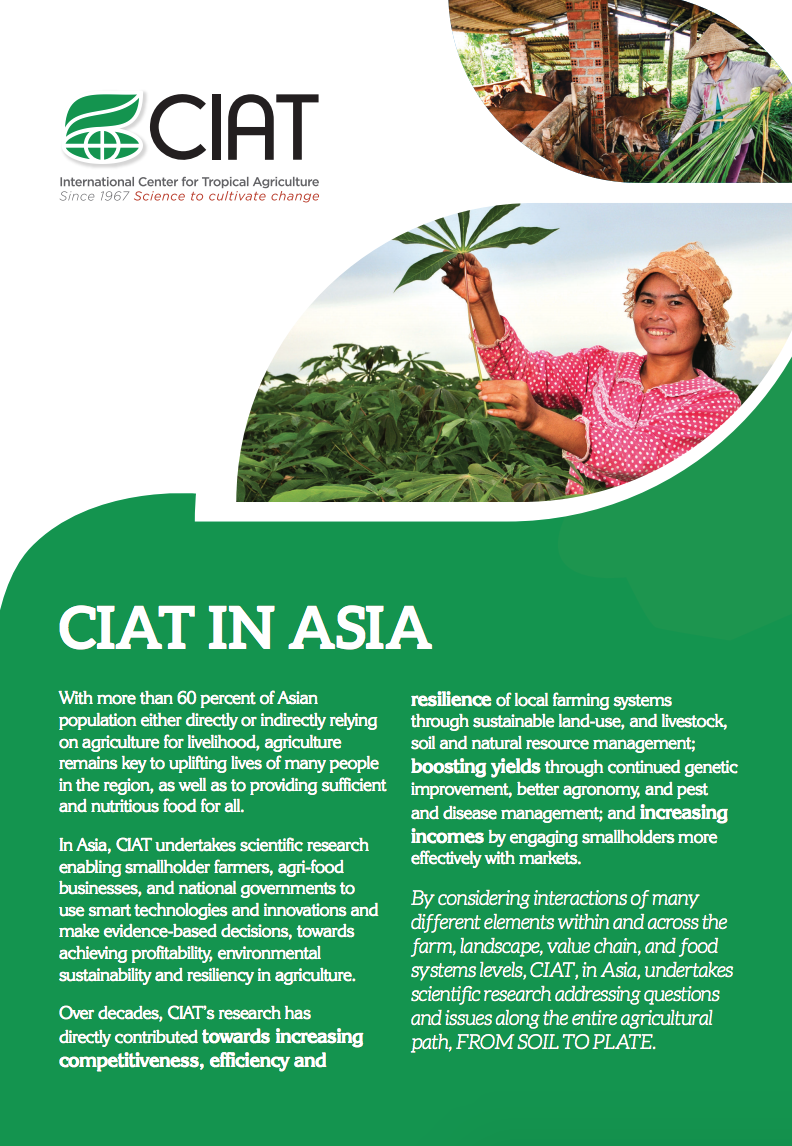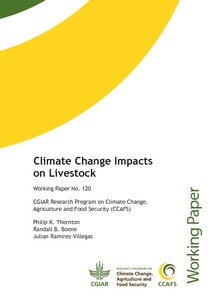CGIAR R4D collaboration for climate change in Southeast Asia: report of convergence meeting
The CCAFS Regional Program for Southeast Asia (CCAFS-SEA) organized a convergence meeting involving CGIAR CCAFS focal persons and selected partners on 11-13 December 2013 in Bangkok, Thailand. About 24 participants from collaborating CGIAR Consortium Centers (Bioversity, CIAT, CIP, ICRISAT, IFPRI, IRRI, IWMI, World Agro-Forestry Center and WorldFish Center), CCAFS-SEA and selected partners participated in this undertaking. The main purpose of this activity was to establish the groundwork for collaborative work on climate change R4D among Centers in SEA.

